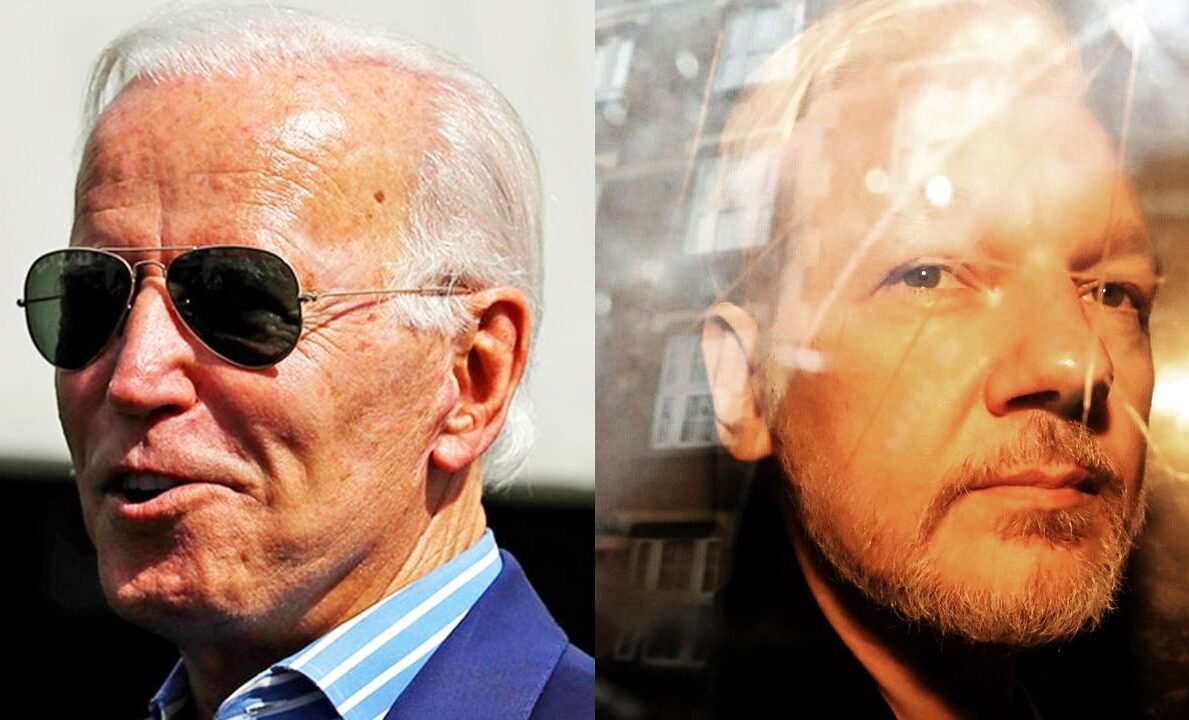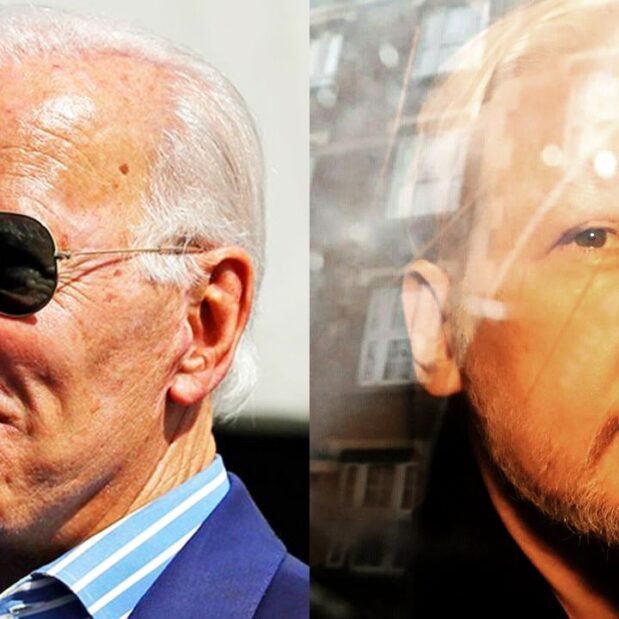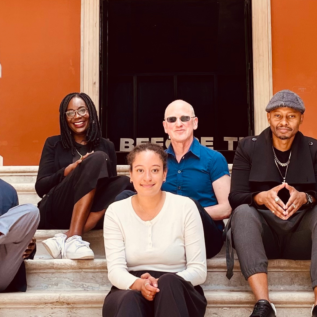WASHINGTON D.C. – In a surprising development, President Joe Biden revealed on Wednesday that he is weighing a request from Australia to drop the long-running prosecution of WikiLeaks founder Julian Assange.

/
May 2024
★WORLD
/cloudfront-us-east-1.images.arcpublishing.com/pmn/YH3J7CP6PPUJDT5HHERMJF3MKU.jpg)
Assange, an Australian national, has been indicted by the United States on 17 espionage charges and one charge of computer misuse stemming from WikiLeaks’ publication of classified U.S. documents related to the Afghanistan and Iraq wars nearly 15 years ago.
“”We’re considering it,” Biden said after a reporter asked him where he stands in regards to Australia’s request”. The president did not provide further details on the nature of Australia’s request or the timeline for his decision.
Assange’s legal battle has spanned over a decade, dating back to 2010 when WikiLeaks published thousands of confidential U.S. military records and diplomatic cables, in what was considered one of the largest leaks of classified information in U.S. history.
The 51-year-old has been held in London’s high-security Belmarsh prison for the past five years, after being forcibly removed from the Ecuadorian embassy in 2019, where he had sought refuge for seven years to avoid extradition to the United States.
Assange’s supporters, including press freedom advocates and human rights organizations, have long argued that the charges against him pose a severe threat to investigative journalism and could set a dangerous precedent for prosecuting reporters who publish classified information.
Australia’s request to drop the charges against its citizen comes amid mounting international pressure on the Biden administration to end the legal pursuit of Assange, who faces up to 175 years in prison if convicted on all counts in the U.S.
The development has reignited the heated debate surrounding Assange’s case, with supporters hailing it as a potential victory for press freedom, while critics argue that his actions jeopardized national security and put lives at risk.
As the world awaits Biden’s decision, the fate of Julian Assange remains uncertain, with profound implications for journalism, whistleblowing, and the delicate balance between government secrecy and the public’s right to know.










